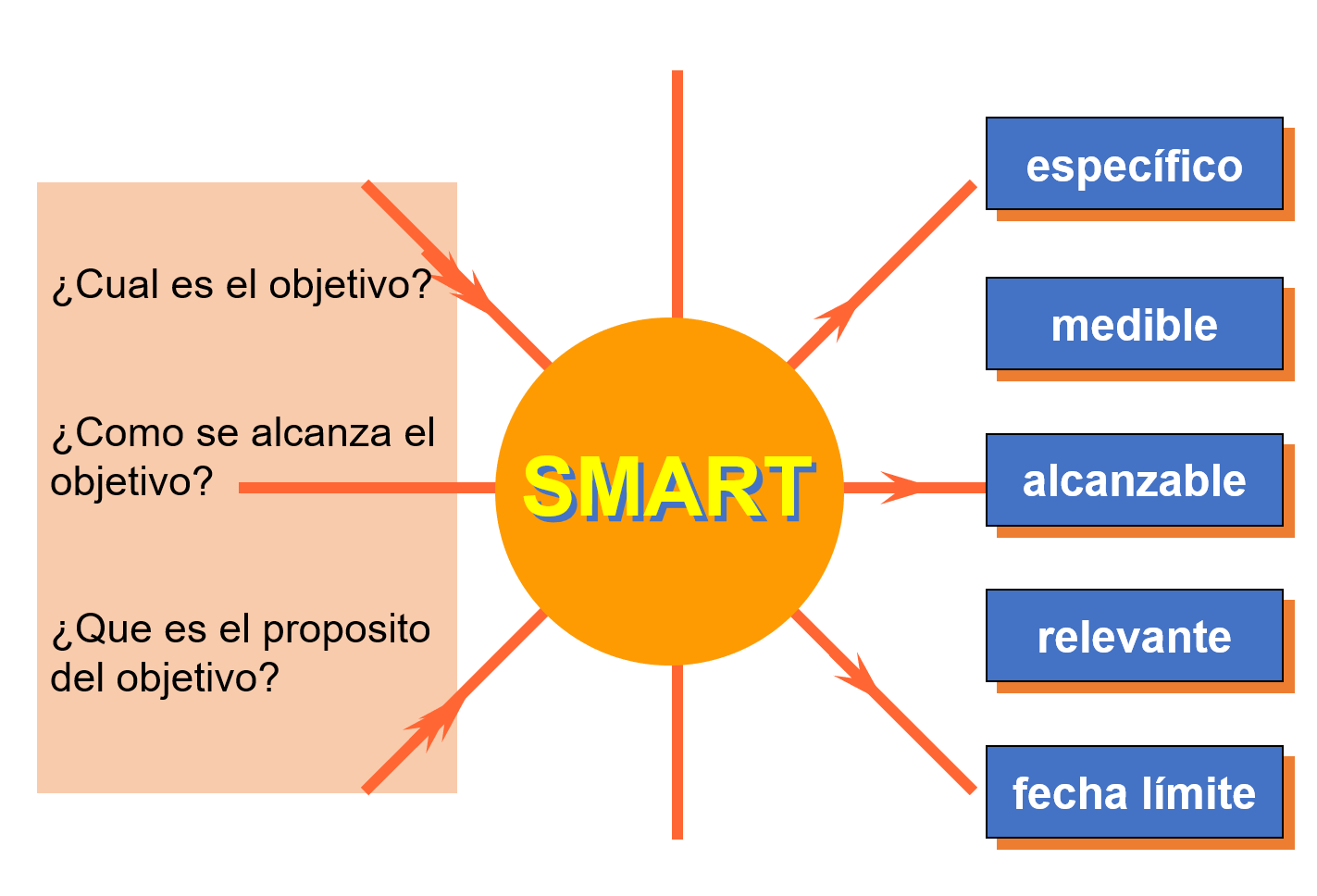La introducción de objetivos SMART en un entorno educativo
Contenido principal del artículo
Resumen
Para establecer objetivos en general, se recomienda adoptar la denominada metodología SMART, acrónimo que al español se traduce como Específico, Medible, Alcanzable, Relevante y con Fecha Límite (Specific, Measurable, Achievable, Relevant and Time-bound en inglés). Su implementación entre el alumnado puede desempeñar un papel formativo en la transición de un entorno educativo a uno industrial. Además, contribuye a ofrecer a los/las estudiantes una visión más clara del contenido de un curso y de su contexto, transparentar su evaluación, ayudar a la identificación de conocimientos adquiridos anteriormente en otros cursos y mejorar la gestión del tiempo. El enfoque por objetivos SMART puede resultar valioso en cursos de los últimos semestres de una carrera que involucren el desarrollo de un proyecto.
Detalles del artículo
Citas en Dimensions Service
Citas
Bjerke, M. B., y Renger, R. (2017). Being smart about writing SMART objectives. Evaluation and Program Planning, 61, 125–127. https://doi.org/10.1016/j.evalprogplan.2016.12.009
Castellanos Fernández, J. (1990). Anatomía y mercado de la ingeniería de proyecto. Educación Química, 1(1), 16. https://doi.org/10.22201/fq.18708404e.1990.1.67030
Favre, E., Falk, V., Roizard, C., y Schaer, E. (2008). Trends in chemical engineering education: Process, product and sustainable chemical engineering challenges. Education for Chemical Engineers, 3(1), 22–27. https://doi.org/10.1016/j.ece.2007.12.002
Lawlor, K. B., y Hornyak, J. M. (2012). Smart Goals: how the application of SMART goals can contribute to achievement of student learning outcomes. Journal of Developments in Business Simulation and Experiential Learning, 39, 259–267.
Lewin, D. R., Seider, W. D., y Seader, J. D. (2002). Integrated process design instruction. Computers and Chemical Engineering, 26(2), 295–306. https://doi.org/10.1016/S0098-1354(01)00747-5
Licenciatura Ingenieria Quimica. (n.d.). Retrieved August 20, 2023, from https://quimica.unam.mx/ensenanza/licenciaturas/ingenieria-quimica/
Pulakos, E. D., Hanson, R. M., Arad, S., y Moye, N. (2015). Performance management can be fixed: An on-the-job experiential learning approach for complex behavior change. Industrial and Organizational Psychology, 8(1), 51–76. https://doi.org/10.1017/iop.2014.2
Wolf, A., y Akkaraju, S. (2014). Teaching Evolution: From SMART Objectives to Threshold Experience. The Journal of Effective Teaching, 14(2), 35–48.
Woodside, J. M. (2018). Real-world rigour : An integrative learning approach for industry and higher education. https://doi.org/10.1177/0950422218784535

Educación Química por Universidad Nacional Autónoma de México se distribuye bajo una Licencia Creative Commons Atribución-NoComercial-SinDerivar 4.0 Internacional.
Basada en una obra en http://www.revistas.unam.mx/index.php/req.




